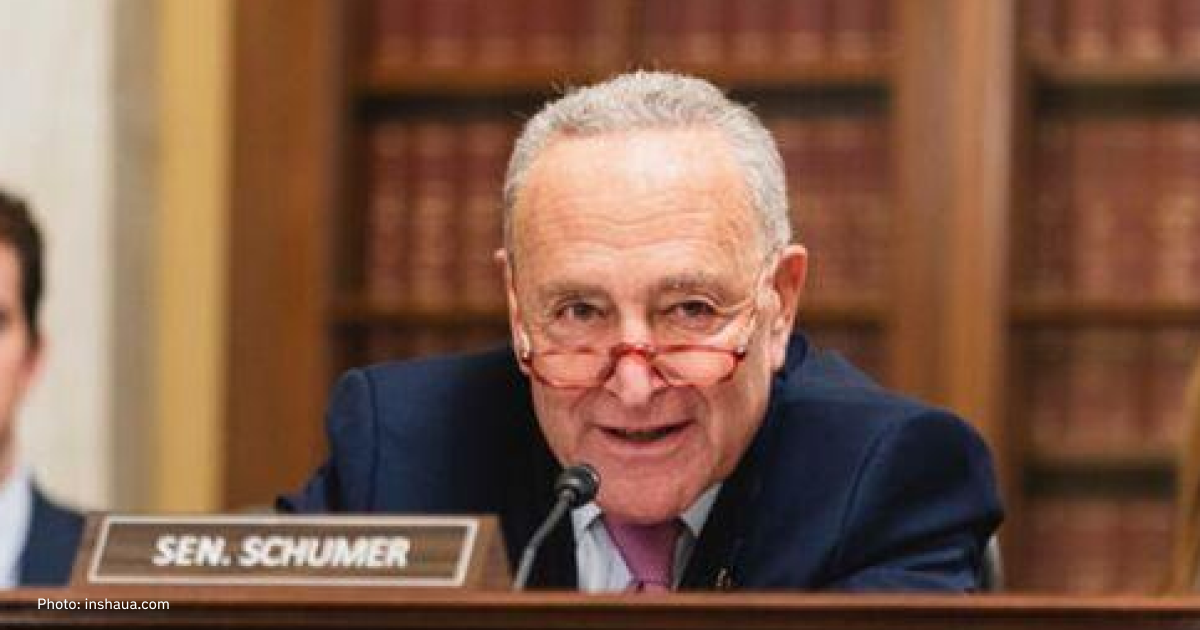US Aid to Ukraine: What's going on in Congress?

What happened?
On February 8, the US Senate supported a procedural vote on a bill for joint aid to Ukraine, Israel, and Taiwan for $95 billion. Sixty-seven senators out of sixty required voted in favour, and thirty-two voted against.
The bill includes $60 billion to support Ukraine in its fight against Russia, $14.1 billion for security assistance to Israel, $9.2 billion for humanitarian aid, and $4.8 billion to support regional partners in the Indo-Pacific region.

The financial assistance to Ukraine will be distributed as follows:
- Approximately $14 billion for the purchase of new weapons from American defence companies.
- $15 billion for military training of the Armed Forces of Ukraine, as well as for intelligence sharing and other support measures.
- Around $8 billion for direct budgetary support to Ukraine.
- $1.58 billion to support the Ukrainian economy.
Senate Majority Leader and Democratic Party representative, Chuck Schumer, called it “a good first step,” adding that “failure to pass this bill would only embolden autocrats like Putin.”

Why were the packages divided, and what does Donald Trump have to do with it?
Initially, the bill providing aid to Ukraine, Israel, and Taiwan was bundled with a bipartisan agreement on border security. Speaker Mike Johnson decided to combine these two packages (as reported by Svіdomі in one of their explainers). Representatives from both parties had worked on this agreement for several weeks. However, due to the lack of consensus on the border issue, the Senate failed to vote on this package in December 2023, and negotiators did not manage to finalise the agreement before the Christmas break.

The bilateral agreement was presented on February 4. It included the implementation of restrictive measures at the border with Mexico, where illegal migrants entered the United States, and the allocation of $20.2 billion for border security. One of the proposals was to allow the president to close the border if the average daily crossings exceeded 4000 cases per week. If the average daily crossings exceeded 5000, or if the total number of crossings in one day exceeded 8500, the president would be required to close the border. The agreement also provided funding to increase the number of asylum officers and expedite the asylum application process. Additionally, raising the requirements for asylum applications was addressed.
Conservatives, who advocate for strengthening border security, were among the authors of the agreement. One of them was Republican James Lankford from Oklahoma, one of the most conservative senators in the chamber.
However, Republicans criticised the agreement after its presentation. Speaker Johnson stated that this agreement was “even worse than the previous version.” In his opinion, the migration restrictions were not strict enough, and he added that the House of Representatives would bury this bill if it were to reach there.
Former US President Donald Trump also expressed his opinion about the agreement. As media reports indicate, Trump pushed his Republican colleagues in Congress to oppose the bill “if they don't get everything they asked for on immigration.” He promised to implement stricter rules to prevent migrants from entering the US if he becomes the president.

Now, Democrats accuse him of wanting chaos at the border (in December 2023, the number of arrests for illegal crossings of the southern US border with Mexico reached record levels. US border agents reported 249,785 arrests at the Mexico border in December — ed.) to continue so that he can use it as a campaign issue against President Joe Biden.
As expected, the US Senate failed to pass a bill that included funding for Ukraine, Israel, and Taiwan, as well as an agreement on border security on February 7.
How does the White House react?
On February 7, Joe Biden held a press conference in which he urged Congress to show “backbone” and pass a broader bill (the one that included the border issues). At the same time, he knew that the vote would fail.
“Everything indicates that this bill will not even be passed to the Senate. Why? The simple reason is Donald Trump. Because Donald Trump believes that this (border regulation issue) is bad for him politically,” Biden said.

The US President also added that it is crucial for the US to unlock assistance to Ukraine now because “refusing additional aid would be a gift to the President of Russia.”
“If we do not support Ukraine, history will never forget it,” Biden concluded.
What is next?
Senators moved on to debates regarding amendments after voting on February 8 for the bill on financial aid to Ukraine, Israel, and Taiwan. As noted by CNN, this could slow down the process of passing the bill.
Next week, senators were supposed to go on a break, but Chuck Schumer announced that the Senate would continue working on the bill “until the job is done.”
However, even if the bill is passed in the Senate, it will then be sent to the House of Representatives, and it is unknown when Speaker Mike Johnson will put it to a vote. Several Republican members of the House of Representatives oppose further aid to Ukraine.



